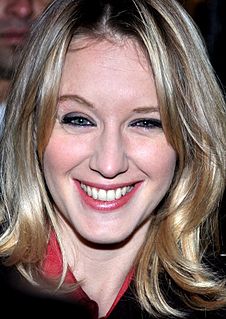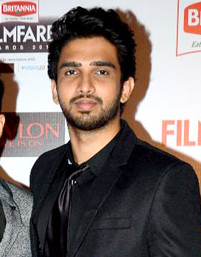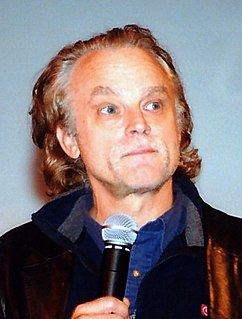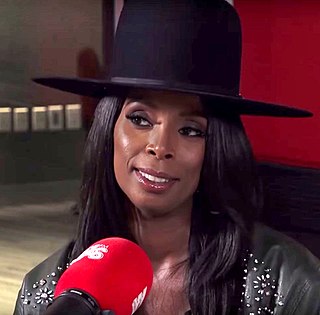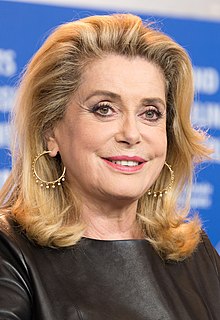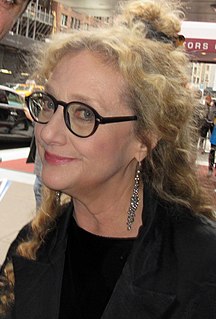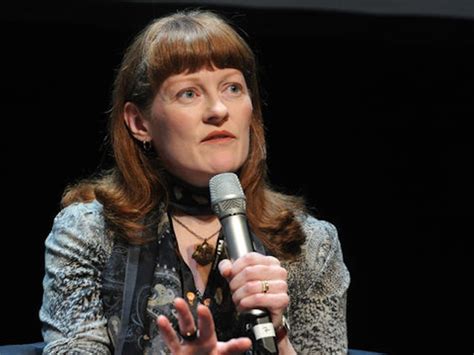A Quote by Ludivine Sagnier
To me, the director is the most important, rather than the story.
Related Quotes
As a director, I have to do everything. As an actor, I'm just worried about one role, that's it. As a director, everything is important. Everything is something you have to be very detailed and specific about in telling a story. So for me, the job is far greater than just being the actor, there's a lot more responsibility creatively, technically.
You can give the greatest performance possible, but if you don't have a director who's pointing the camera in the right direction and an editor who's editing it properly, it doesn't matter what you do. The director and the editor are the most important people. Not the actors. Sometimes the writer is important. But if you don't have a good director, you can't have a good production.
I say 'spectacle' rather than 'story' because in the end, it isn't the intricacies of narrative that draw us to horror films. When it's there, I'm grateful for the director's skill at telling an exquisitely nuanced tale filled with psychological insight, but it is the spectacles that I take home with me.
The script is the most important thing for me. I'm advised that other things are important too, and they are. The director that you'll be working with is hugely important, and the cast that are with you is really important as well. But, for me, the thing that gets my heart excited and really makes me invested in something or not is just the quality of the script.
So often with beginning writers, the story that they want to start with is the most important story of their life - my molestation, my this, my horrible drug addiction - they want to tell that most important story, and they don't have the skills to tell it yet, so it ends up becoming a comedy. A powerful story told poorly becomes funny, it just makes people laugh behind their hands.
I always say people would rather be nice than right. I like to be nice too, but come on. People frequently ask me, what is my definition of politically correct. My answer is always the same: the elevation of sensitivity over truth. People would rather be nice than right, rather be sensitive than true. Well, being nice and sensitive are important, but they're not more important than being right; they're not more important than the truth.
